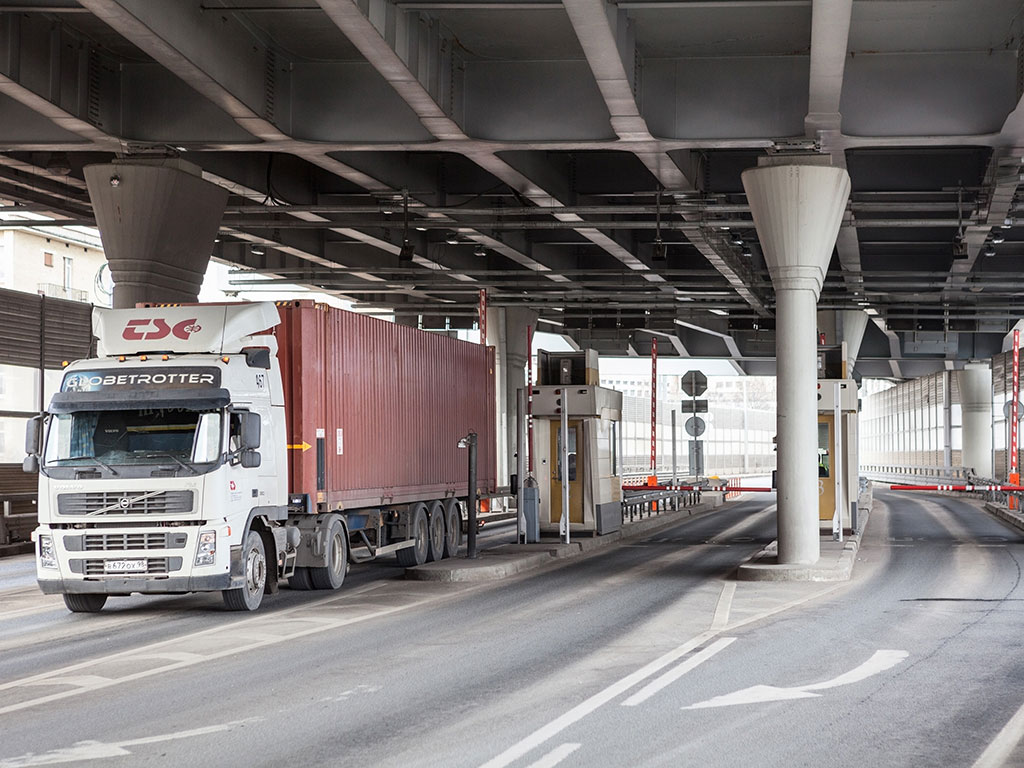New features of the Customs Law pertaining to the economy
 Sunday, 15.11.2020.
Sunday, 15.11.2020.
 11:02
11:02

– As an important institution that is aware that the state`s stability and strength rest on a strong economy, the Customs Administration strives to establish a partnership relation with the business community, and the Customs Law, which has been in effect since June 17, 2019, is a requirement for modernization and rationalization of customs procedures, for ensuring a greater legal security, predictability and uniformity of operations, as well as the switch to paperless operations and an electronic environment – the Customs Administration points out.
Deadline for paperless operations
The sharing of information, such as declarations, requests or decisions, between the customs authorities and business entities and the keeping of the information in line with customs regulations are carried out through the use of electronic data processing techniques.
In order for these regulations to be implemented, new IT systems need to be built and the existing ones need to be upgraded, which requires a certain amount of time. Initially, in the EU, this was supposed to take place by the end of 2020, and at the moment, for a part of the IT system, this deadline has been extended until 2023. According to the principle implemented in the EU, the customs declaration should be filed electronically, except in cases when it is explicitly envisaged in adequate bylaws – they say at the Customs Administration.
The realization of the first phase of the project “Technical Aid for Establishing an Institutional Framework for the Implementation (AIS/AES)” has been completed at the Customs Administration to the end of preparation for the establishment of electronic operations of the Customs Administration.
Electronic operations covered by the AIS/AES project also pertain to the export, the import and the customs decisions, whereas the transit procedure has already been computerized.
Benefits that company acquire through the status of Authorized Economic Operator (AEO)
The request for the issuing of the approval of the AEO status is filed to the Customs Administration – Department for Authorized Economic Operator and Simplified Customs Procedures in the written form through the form provided within Addendum 4 of the Regulation on Customs Procedures and Customs Formalities. After the request is accepted, a commission is formed which examines whether the criteria and the requirements for the issuing of the AEO approval are met.
Some of the criteria that business entities should meet are: the absence of any serious violations or repeat violations of customs and tax regulations, including the absence of criminal acts related to the core activity of the entity that is submitting the request; having a high level of control of activities and flow of goods through adequate book keeping and, if needed, proof of the transport of goods which enables adequate customs controls; financial liquidity, which is considered proven if the submitter is in a good financial state which enables it to meet the obligations regarding business activities; adequate safety and security standards.

– Certainly the most important one is that the carriers of this status are subject to fewer physical and documentation controls than other business entities and that controls are carried out under a priority procedure and can be done in a location other than the one where the goods are to be subject to customs, per request – they explain.
The most important new features of the current Customs Law that pertain to the business community
– the customs organ and business entities can exchange information which are not explicitly required by the customs regulations, especially to the end of mutual cooperation in recognizing risks and acting to prevent them;
– the approval for the procedure of inward processing can be issued without the obligation of having the goods exported again;
– the customs procedure of processing under the customs control and inward processing in the return system are abolished;
– storage of goods in free zones has become a special customs procedure;
– the deadline period for a temporary storage of goods is extended from 20 to 90 days;
– the total period during which the goods can remain subject to the process of temporary import is set at ten years;
– simplifications pertaining to entries in the registers of declarer, centralized customs clearance of goods and self-assessment are implemented;
– mandatory security for covering potential and actual debts are proscribed for most customs procedures;
– the period for notifying the debtor from the date when the customs debt is incurred is shortened (from 5 years, as per the previous law, to 3 years); upon the expiration of the deadline, the debtor is not informed of the customs debt;
– exemptions regarding payment, in addition to postponed payment, are implemented;
– implementation of new institutes – errors of the competent organs and fairness (in which case the amount of exporting/importing costs is either returned or released);
– a change is implemented in the sense of the competence of the organ for acting in relation to complaints against first-instance decision – the second-instance organ is now within the Ministry of Finance.
Ivana Milovanovic
 Uprava Carina Beograd
Uprava Carina Beograd
Most Important News
06.04.2024. | Agriculture
Preconditions for Placement of Fresh Blueberries and Dried Plums in Chinese Market Secured

16.04.2024. | News
Jovan Ciric, Leasing Director Retail MPC Properties – MPC Echo symbolizes our desire for good ideas and innovative endeavors to spread freely and bring about positive changes

16.04.2024. | News
10.04.2024. | Finance, IT, Telecommunications, Tourism, Sports, Culture
Creative Industry – What This Serbian Economy Sector Worth EUR 2 Billion Encompasses

10.04.2024. | Finance, IT, Telecommunications, Tourism, Sports, Culture
24.04.2024. | Construction, Healthcare
Price of construction of Tirsova 2 increases to EUR 141.6 million – Contract awarded to consortium of 10 companies

24.04.2024. | Construction, Healthcare
16.04.2024. | News
Economy Fair in Mostar opens – 26 companies from Serbia exhibiting

16.04.2024. | News
24.04.2024. | Construction, Transport
Dates of publishing of tenders for construction of three sections of fast railroad from Belgrade to Nis known

24.04.2024. | Construction, Transport


 Izdanje Srbija
Izdanje Srbija Serbische Ausgabe
Serbische Ausgabe Izdanje BiH
Izdanje BiH Izdanje Crna Gora
Izdanje Crna Gora


 News
News






